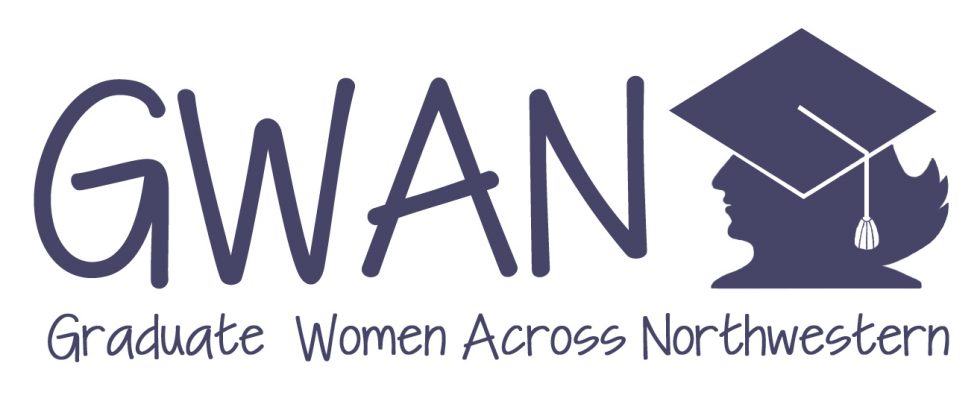July 28, 2022
Meet Saya Rene Dennis!
1. Tell us about yourself!
Hello! My name is Saya and I use she/her pronouns. I was born and raised in a beautiful city called Kanazawa in Japan, and did my undergraduate degree in Tokyo. My father is originally from the U.S., which is what initially sparked my interest in pursuing a graduate degree here. I am a 3rd year PhD student in Dr. Yuan Luo’s lab in the Driskill Graduate Program of Life Sciences.
2. Tell us about your research!
My research focuses on the applications of machine learning (ML) in medicine, particularly in cancer. I study two very different modalities of data: patient genomic data and clinical records from the hospital. Both of these modalities pose their own challenges for successful applications of ML, which I find is where researchers can be most creative. In facing these challenges, cross-disciplinary expertise in not just ML but also in your disease of interest is key. I believe that machine learning can not only help us overcome previously unsolvable problems in medicine, but also shed light to social issues in the medical field such as physician bias.
3. What does it mean to be a woman in your field of studies?
Although it is now becoming more common for women to be involved in bioinformatics research, I believe we still remain the minority in teams that have a heavier focus on machine learning. I am still new to the field, but my goal is to help open up the path for other women to enter and thrive in this field. Recent research has shown that many real-life applications of ML inherit a lot of social biases, which highlights how critical it is for ML teams everywhere to strive for diversity to identify and alleviate these problems.
4. What is a piece of advice you have for other women in your field of study?
Connect with people as much as you can! Every key step in my own career has only been possible with the help of someone I knew who was kind enough to point me to the right direction — by introducing me to the right people, giving me the right advice, etc. etc. Frequently, it’s not even the people that you expect would help you, but rather someone that can appear totally unrelated. I think expanding and nurturing your network can really serve all of us well.
—————————————————————————————————————————-
March 15, 2022
Meet Emmaline Lorenzo!
1. Tell us about yourself!
My name is Emmaline Lorenzo (she/her) and I am a current fourth year chemistry PhD student. I am originally from Leawood, Kansas. I attended the University of Kansas for my undergraduate degree, where I majored in chemistry and minored in math and philosophy. I began my PhD in the fall of 2018 and am a member of the Wasielewski group in the chemistry department here at Northwestern. In my free time, I enjoy reading, watching movies, and getting out to the beach when the weather is nice!
2. Tell us about your research!
I am studying electron interactions in DNA hairpins. A DNA hairpin forms when two sides of a single strand of DNA pair up except for a short section in the middle. DNA is a well-studied platform, with a lot of work done already to understand how electrons transfer through adjacent base pairs. I am interested in using DNA as a scalable and tunable platform for hosting a stable electron radical, where one electron is singled out among pairs of electrons. In conjunction with another electron radical pair generated by light, I end up with three unpaired electrons that can interact with each other. My goal is to understand how charges transfer and how electronic spins change when there are three unpaired electrons in DNA. My research findings can be used to implement quantum computing algorithms. These algorithms entail manipulating the electron spins with microwaves and are a foundational part of developing quantum computing power.

Wallace, M. I., Ying, L., Balasubramanian, S., & Klenerman, D. (2001). Non-Arrhenius kinetics for the loop closure of a DNA hairpin. Proceedings of the National Academy of Sciences, 98(10), 5584–5589. https://doi.org/10.1073/pnas.101523498
3. What does it mean to be a woman in your field of studies?
Personally, I have had been fortunate to not experience too many obstacles as a woman in my field. I think my primary challenge has been developing the self-confidence to speak up in any context where I may feel intimidated by others’ knowledge or authority. In the research lab, this often looks like defending my work and ideas and not allowing myself to get spoken over in meetings. I have developed this skill over time as I gain more experience, overcome failures, and gain general knowledge.
4. As the lead for organizing the Gender Equity in Academic Research Symposium (GEARS) this year, do you have any advice for other women organizing events like symposiums?
Advice for organizing an event/symposium: Having a great team to work with is the first step! I would suggest working on extremely clear communication, setting deadlines for internal work, and being willing to go the extra mile yourself whenever extra support is needed. Also, don’t be afraid to leverage any personal connections you have or be willing to “cold call” people to help promote your event. And as always, try to be proactive and start organizing your event as early as possible so you have time to overcome any unexpected obstacles.
GEARS is a campus-wide research symposium that allows participants to give a 5-minute presentation on their research. The symposium is open to all fields and majors. Students from underrepresented backgrounds are strongly encouraged to apply. Submit your abstract for GEARS here by 3/18!


